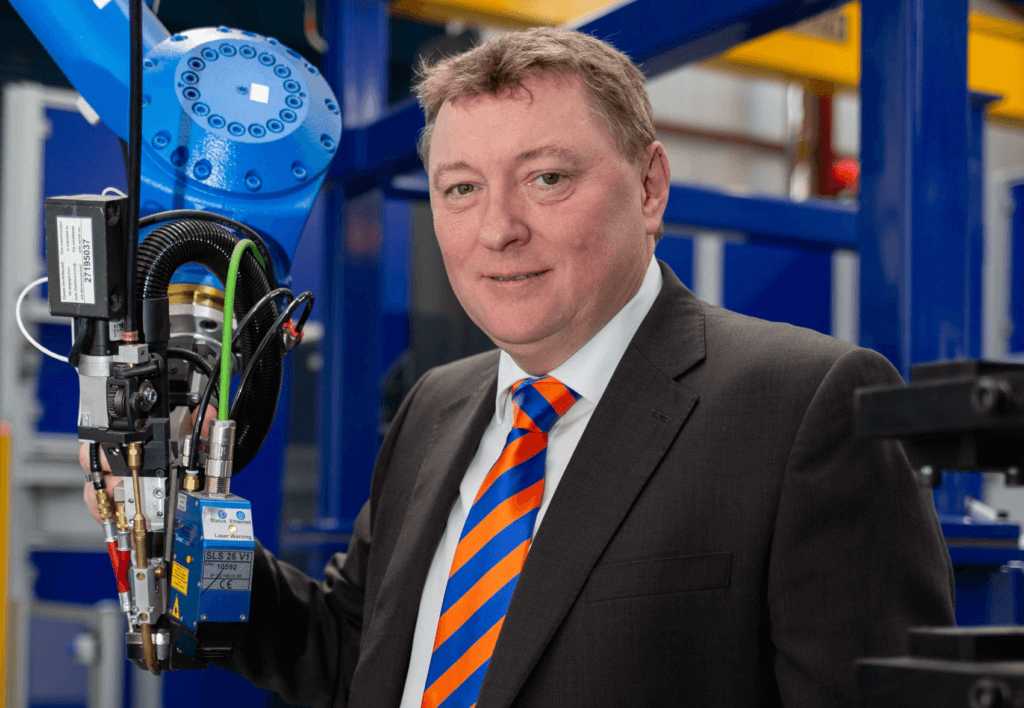
Recovery underway in Cambridgeshire and Peterborough economy, but impacts remain
A report has highlighted the impact of Covid-19 on the Cambridgeshire & Peterborough economy since the pandemic hit almost 18 months ago.
It found that a recovery was underway in the region, aided by a rebound in manufacturing, retail and construction. However, at the end of 2020 the region’s economy was 7.6 per cent smaller than the pre-pandemic level – a near £500m fall in output. That impact differs across the region. For example Cambridge has seen a 10 per cent drop and Fenland shrunk by 5 per cent.
As consumer confidence has grown the business environment has gradually improved, with more than 90 per cent of businesses now trading and an increasing number reporting improved profits.
Retail, hospitality and entertainment businesses have been most impacted by Covid-19, but there are now signs of recovery in these sectors. Prior to the pandemic 104,000 people in Cambridgeshire and Peterborough were employed in entertainment, hospitality and retail sector – around one in four workers. Although job losses at the start of the pandemic were concentrated in these sectors, many businesses are now reporting difficulties hiring staff. A particular challenge is to fill jobs previously commonly held by workers from the EU and elsewhere who have left the UK during the pandemic.
The report’s findings will help the Combined Authority and Business Board continue to adapt its support for businesses and jobs as part of the Business Board’s Local Economic Recovery Strategy (LERS). The next revision of the LERS is due in November 2021, when more will be known about the likely future trajectory of the pandemic, including the impact of the vaccination programme. Other considerations for the updated LERS surround how Government support will taper off, the outcomes of the ending of the furlough scheme, and more clarity on how Covid-19 has affected certain sectors and work patterns.
The Business Board and Combined Authority supports people and businesses in many ways, including through Growth Works, a one-stop-shop for business support, funding, skills and investment into the region. Help is also given to businesses through other funding streams and there are strategies to boost priority sectors of agri-tech, advanced materials and manufacturing, life sciences and digital.
In Cambridgeshire and Peterborough nearly 40,000 workers were still furloughed at the beginning of May 2021 and at least 30,000 more people are on Universal Credit than before the pandemic.
There is a correlation between areas of pre-existing deprivation and the numbers of Covid-19 cases and deaths, as well as correlated increases in new Universal Credit claims. The pattern is most pronounced in Peterborough and Wisbech, but also in Soham, St Neots and parts of Cambridge, where relatively high levels of deprivation are matched by relatively high levels of Covid-19 cases and deaths and increases in Universal Credit claims. The report said the unequal impacts of the crisis seem likely to spill over into an unequal recovery, with deprived people and places most affected.
The report was heard by the Business Board on Monday (July 19).
Austen Adams, chair of the Board, said: “We remain in the middle of a pandemic. Understanding the changing impacts on the economy of Covid-19 is crucial to our recovery.
“Since our last review we have seen the rapid and impressive rollout of a vaccination programme, which has helped contain the virus. Alongside this, we also have signs of recovery in key sectors in our economy including manufacturing, construction, retail and hospitality and more firms are reporting increased profits. We must help businesses and sectors which have struggled, but also seize on new opportunities, allowing high growth firms to continue on an upward path.
“And we have to be mindful that recovery doesn’t entrench existing economic inequalities across the region. That’s why our recovery strategy will evolve with the evidence, and help businesses, people and communities to adapt to the new realities brought by Covid-19.”
Dr Nik Johnson, Mayor of Cambridgeshire & Peterborough, said: “The Combined Authority and the Business Board are determined to make our recovery from Covid-19 one that benefits all communities.
“The impacts of this crisis have been unequal. Areas of deprivation have seen higher numbers of cases and deaths. My 3Cs of compassion, co-operation and community are crucial here. We must show compassion by giving those places disproportionately affected by Covid-19 the tailored help they need for recovery. We must work co-operatively with partners including local authorities, businesses and their networks, government, colleges and health authorities to give the rounded supported needed. And we must focus on putting strength back into our communities, through helping people either back into work or into better jobs, upskilling, and supporting businesses to invest and grow.
“Public health still sits at the heart of our recovery, so while the positive signs from business are encouraging, we must also continue to look out for one another.”
- Combined Authority bolsters Littleport to Cambridge bus service following cuts
- Cambridgeshire companies to benefit from £1.84m agri-tech innovation fund
- Road Resurfacing Fund allocations
- “Everyone involved is a winner” this World Theatre Day
- Three new members appointed to Combined Authority Business Board
- Combined Authority welcomes experienced leaders to its corporate management team

